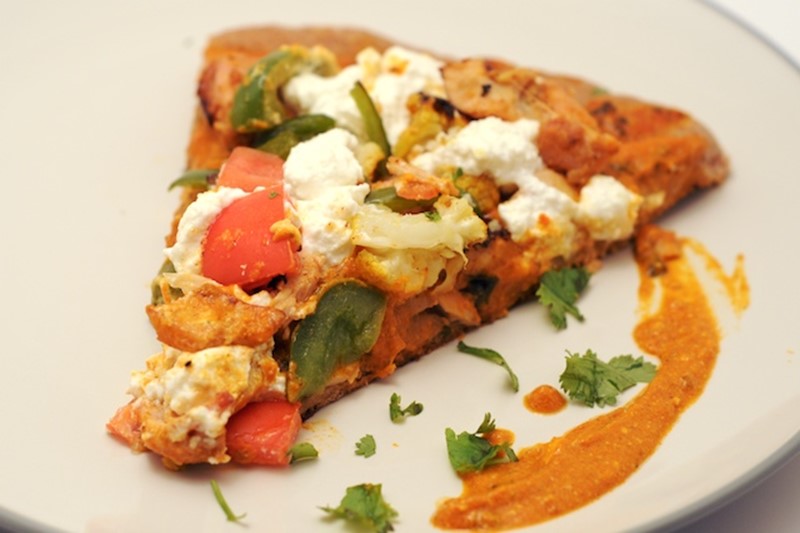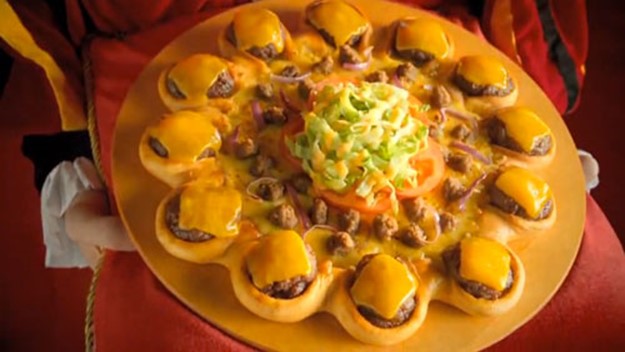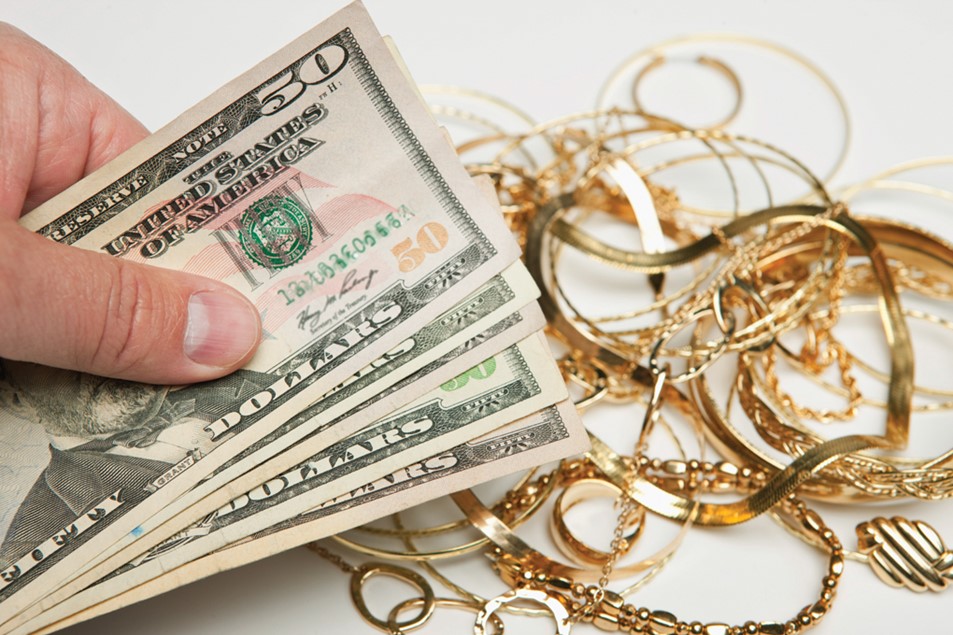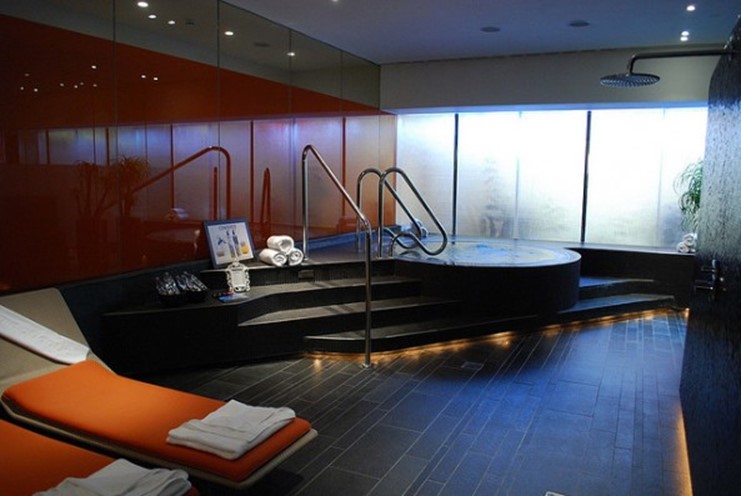Facebook Likes As A Dowry
December 18, 2013 in Daily Bulletin

Cordelia Hebblethwaite wrote about what happens when traditional values meet the social media age:
- Instead of asking the fiancé of his daughter for a cash dowry payment, one Yemeni father is asking for 1 million Facebook likes.
- It’s a tall order for the fiancé as Yemen only has 25 million people.
- The father explains that he’s doing this because dowries are becoming unaffordable. Other workarounds that people have used are to borrow from neighbors or to arrange for mass weddings.
- His detractors say that he simply wants to be famous as the likes are for his own Facebook page rather than his daughter’s.
- For his part the father says that as long as his son in law to be makes a significant effort, he may be willing to negotiate on the 1 million “price”.
Read more here.
Source: BBC









Join the Discussion! (No Signup Required)